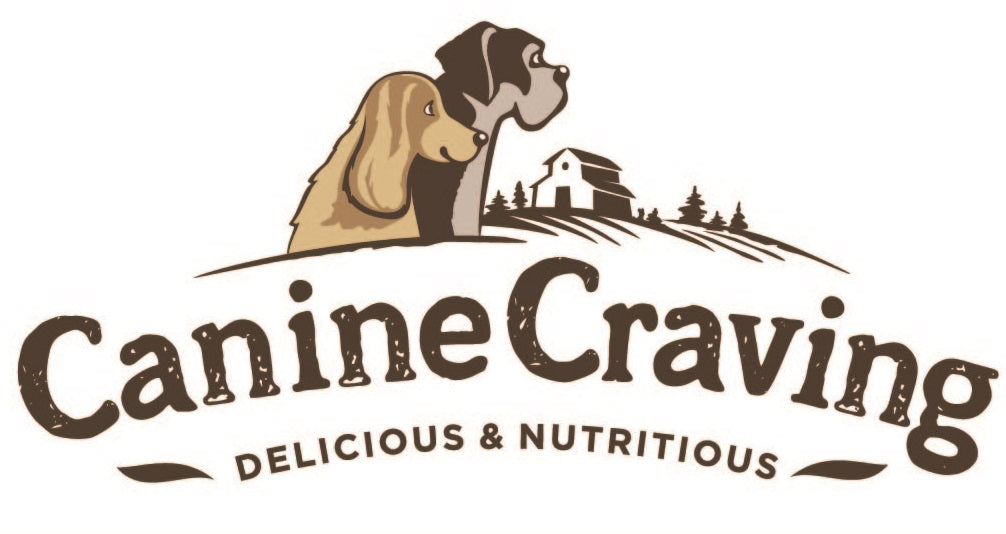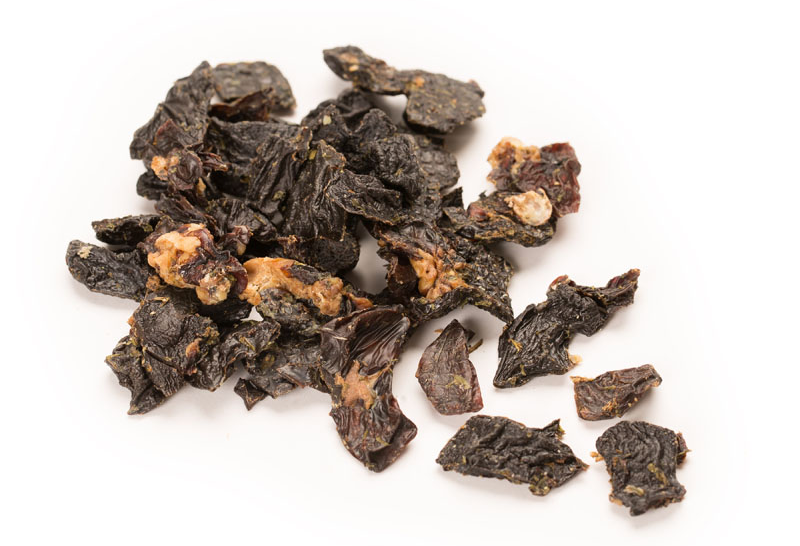Introduction
Fats are a concentrated form of energy that give your dog more than twice the amount of energy as carbohydrates and proteins do. Fats used in dog foods are highly digestible and are the first nutrients to be used by the body as energy, ahead of protein and carbohydrates.
Fats are made up of building blocks called fatty acids. Fatty acids are named according to their chemical structure and how they are bonded together. There are certain fatty acids that dogs require in their diet because the body cannot make them. These are known as essential fatty acids. These essential fatty acids are divided into two groups called the omega-3 and omega-6 fatty acids. Fatty acids in both these groups must be provided in a specifically balanced ratio in the daily diet.
Protein are also the most abundant component of dog’s body (significantly higher than humans). They need proteins to produce and main hair, nails, tendons, cartilage, and all the connective tissues that support the rest of the tissues and organs of the body. When necessary (such as when food supply is low), they can also use proteins to produce energy.
Fats have many important functions in the canine body. Not only do they provide energy, but they are also necessary for the normal development and function of body cells, nerves, muscles, and body tissues. They are important components in the body’s production of hormone-like substances called prostaglandins. Prostaglandins work to reduce inflammation, as well as perform many other important functions in the body.
When considering a food for your dog, check out the list of ingredients to see where the fats and oils are coming from. Fats in dog foods are typically supplied by both animal fat and oils from plants. Quality dog foods will list sources of fat that provide the proper balance of omega-3 and omega-6 fatty acids.
Common sources of omega-3 fatty acids are fish oils (herring, salmon, etc.) and flaxseed and canola oils. Commonly used omega-6 fatty acid sources include pork fat, chicken fat (or any poultry fat), safflower and sunflower oils, as well as corn and soybean oils (vegetable oils). Watch out for lower-quality ingredients such as tallow or lard.
Fats are part of the reason that dog foods taste good and smell good too (at least to your dog). Fats and oils also give structure to foods. They help the body to absorb certain vitamins called the fat-soluble vitamins (A, D, E, and K). Fats and oils in the diet keep your dog’s coat shiny and healthy and are also important in reproduction.
Not every fat or oil is good for our pets, however. The source, quality, and quantity of fat needs to be carefully considered when choosing a quality dog food.
Dietary fats, mainly derived from animal fats and the seed oils of various plants, provide the most concentrated source of energy in the diet. They supply essential fatty acids that cannot be synthesized in the body and serve as carriers for important fat-soluble vitamins. Fatty acids play a role in cell structure and function. Food fats tend to enhance the taste and texture of the dog’s food as well. Essential fatty acids are necessary to keep your dog’s skin and coat healthy. Puppies fed ultralow-fat diets develop dry, coarse hair and skin lesions that become increasingly vulnerable to infections. Deficiencies in the so-called “omega-3” family of essential fatty acids may be associated with vision problems and impaired learning ability. Another family of essential fatty acids called “omega-6” has been shown to have important physiologic effects in the body.
Adapted from the following sources-
- https://www.growelagrovet.com/proteins-vitamins-minerals-for-dog/
- https://www.petmd.com/dog/nutrition/evr_dg_fats_and_oils_good_for_your_dogs_health



